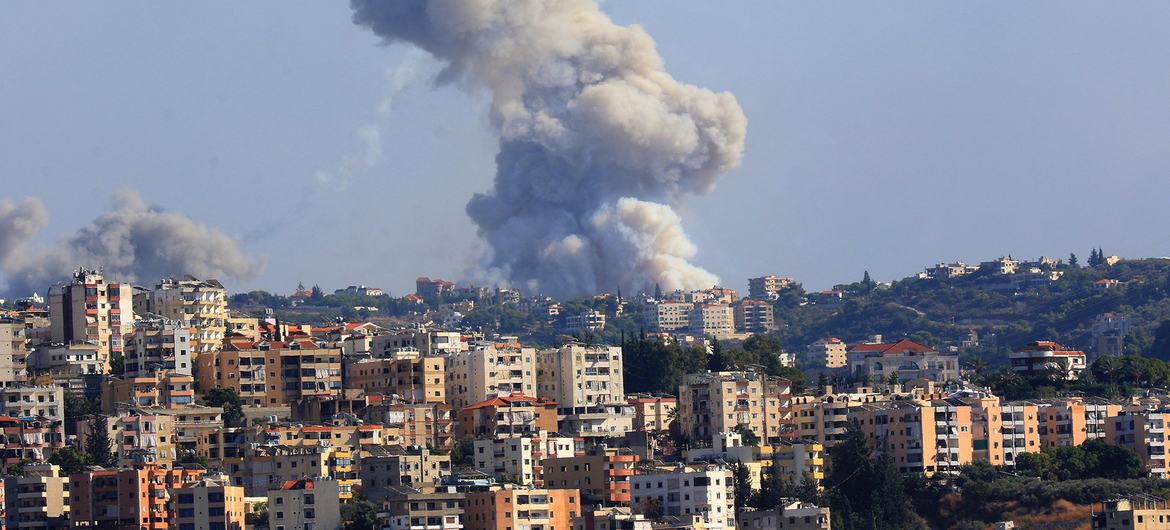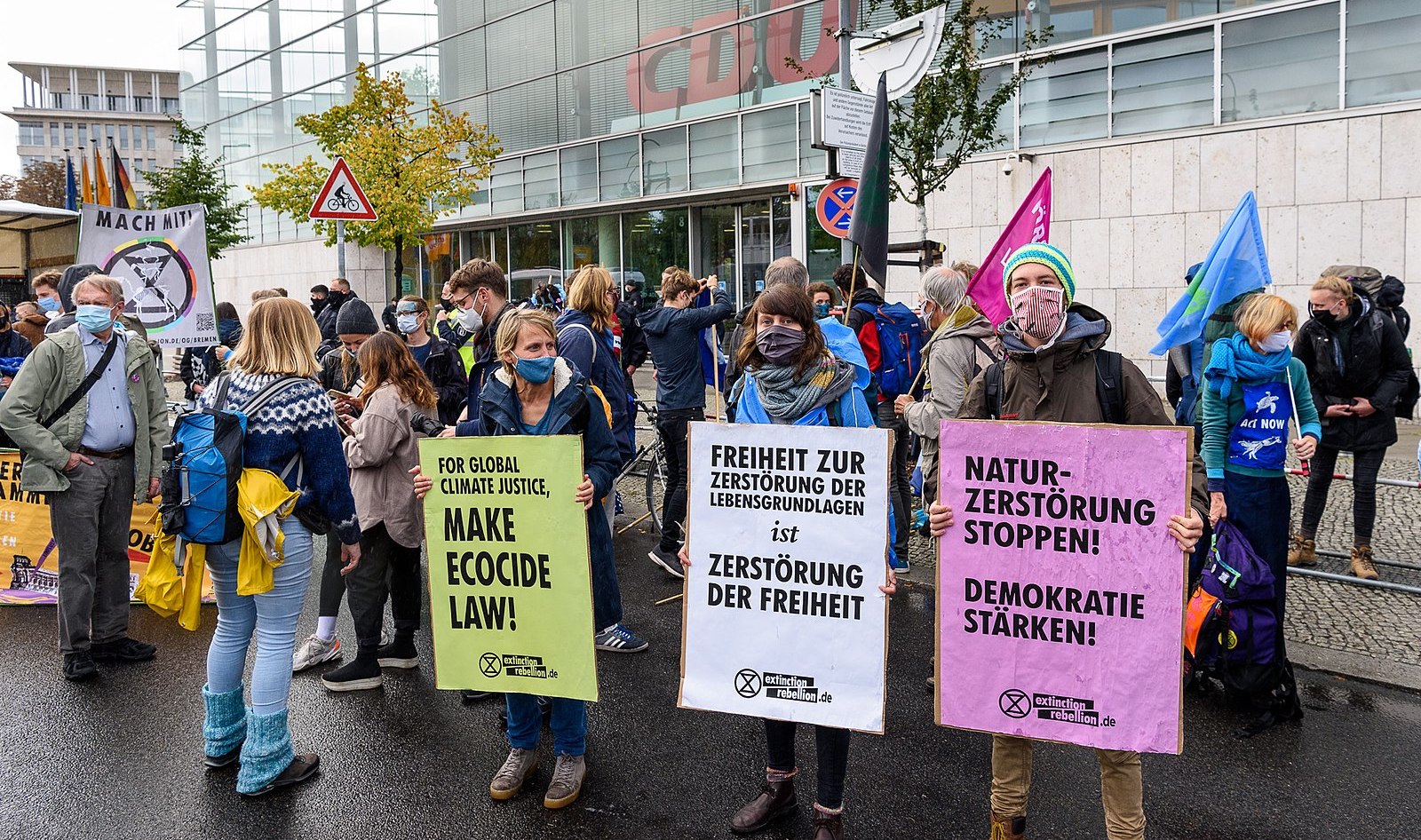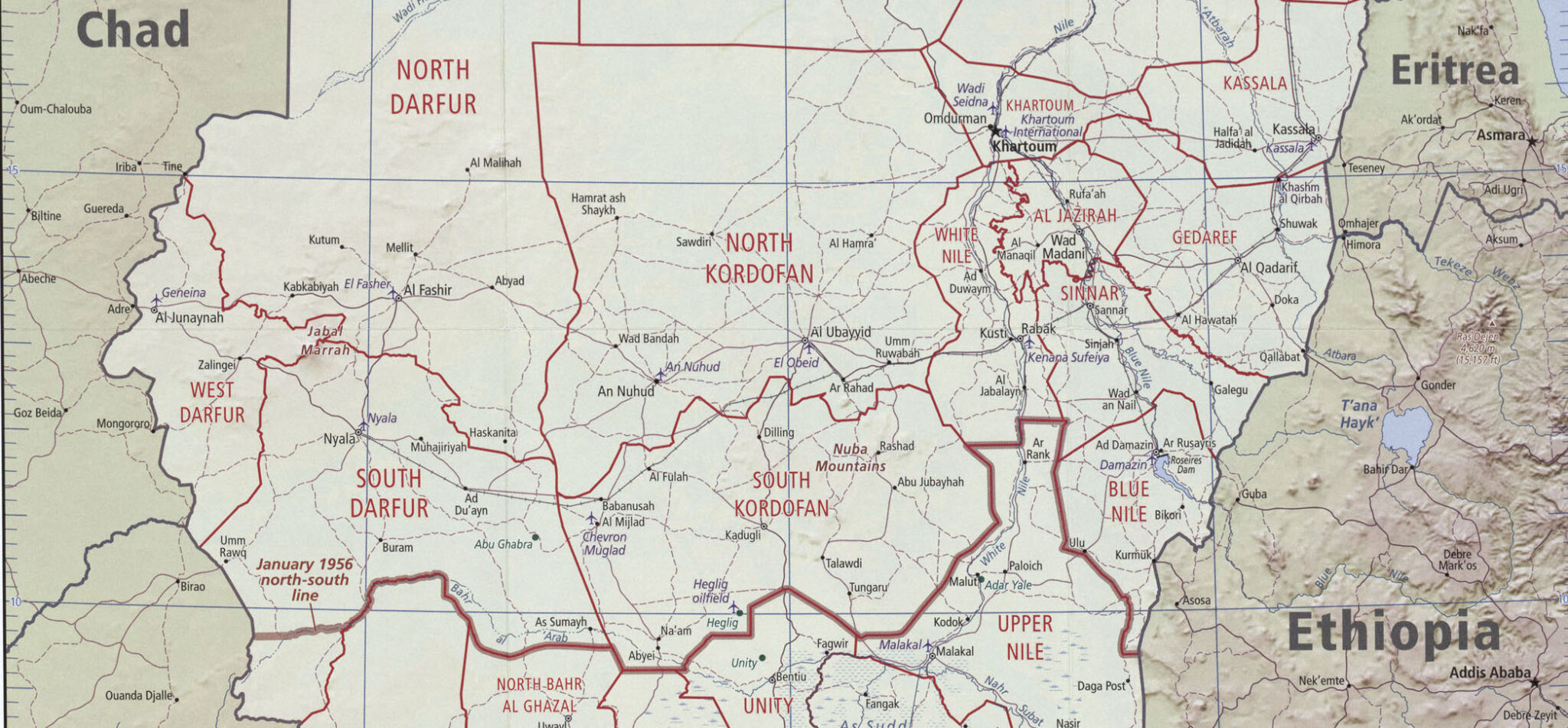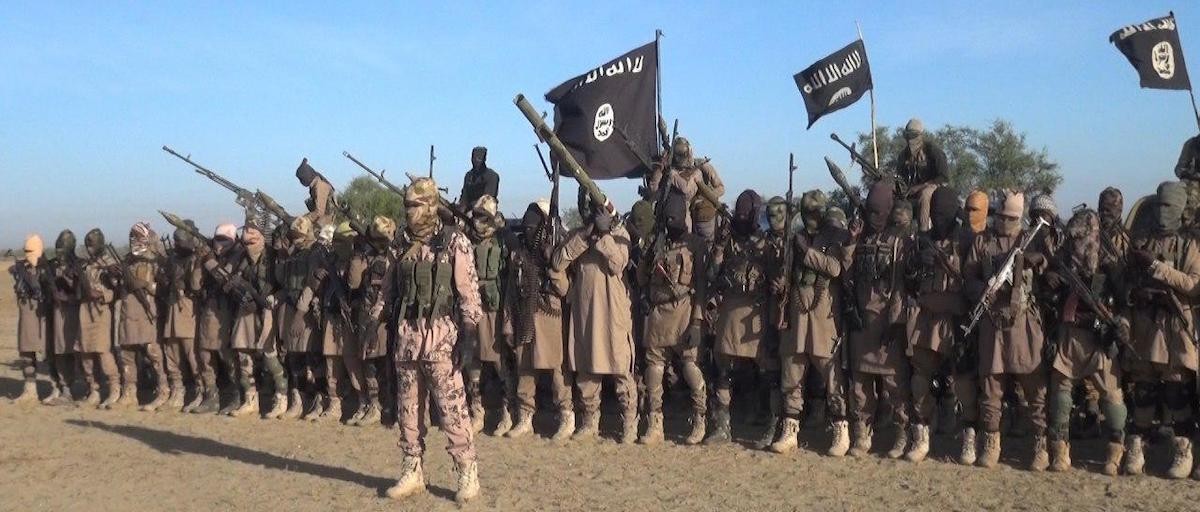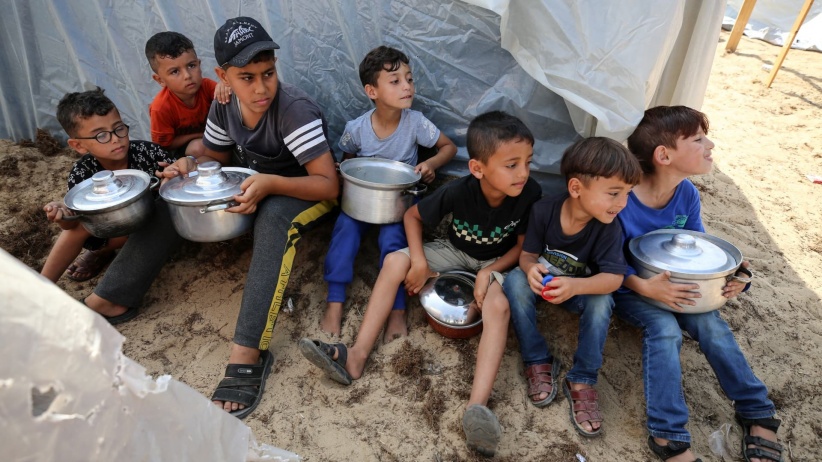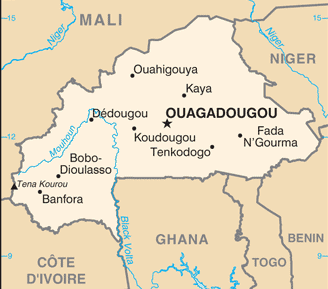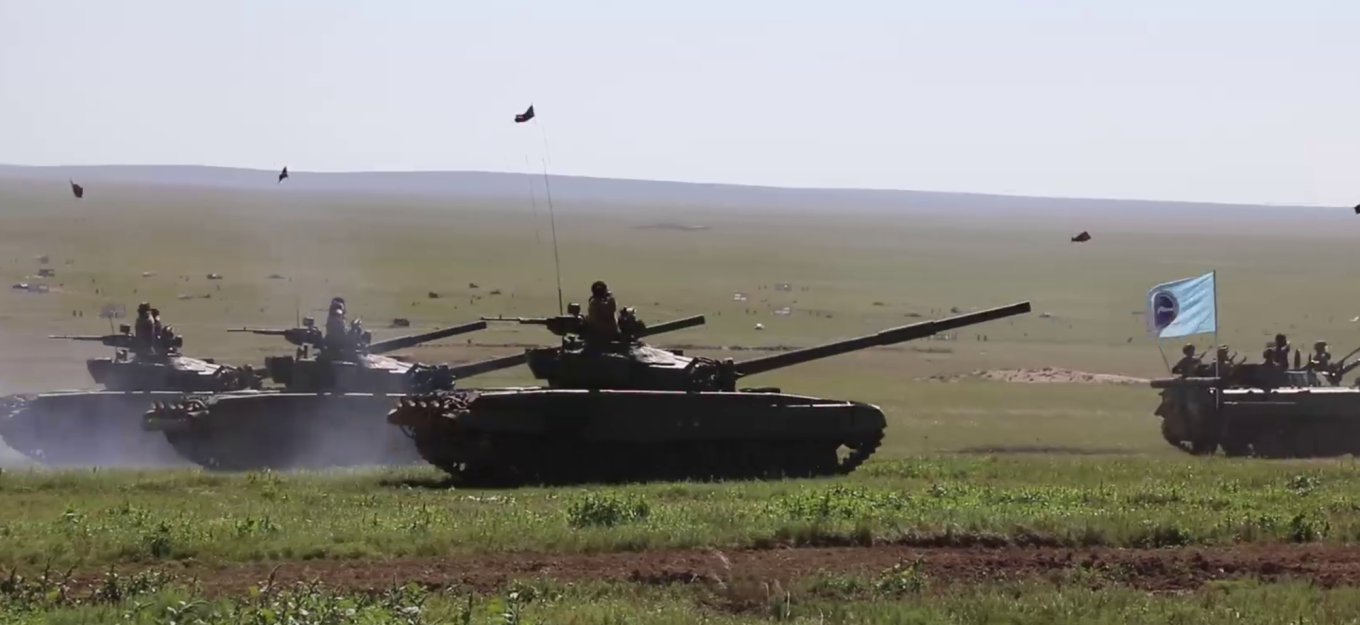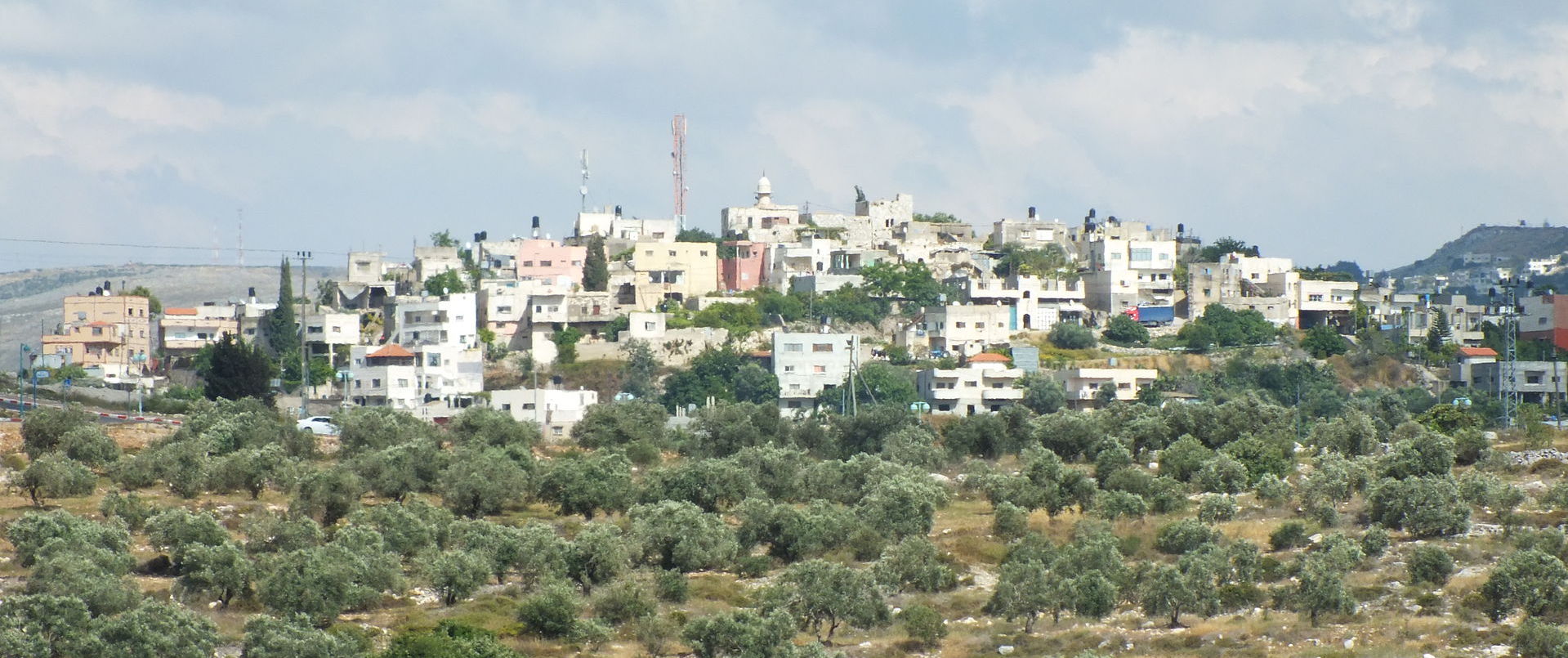CounterVortex meta-podcast: ranting against the apocalypse
In the first CounterVortex meta-podcast of February 2018, we noted the Bulletin of the Atomic Scientists‘ decision to advance the minute hand of its Doomsday Clock to two minutes of midnight, citing the threats of nuclear weapons, climate change and “cyber-based disinformation.” The clock… Read moreCounterVortex meta-podcast: ranting against the apocalypse



